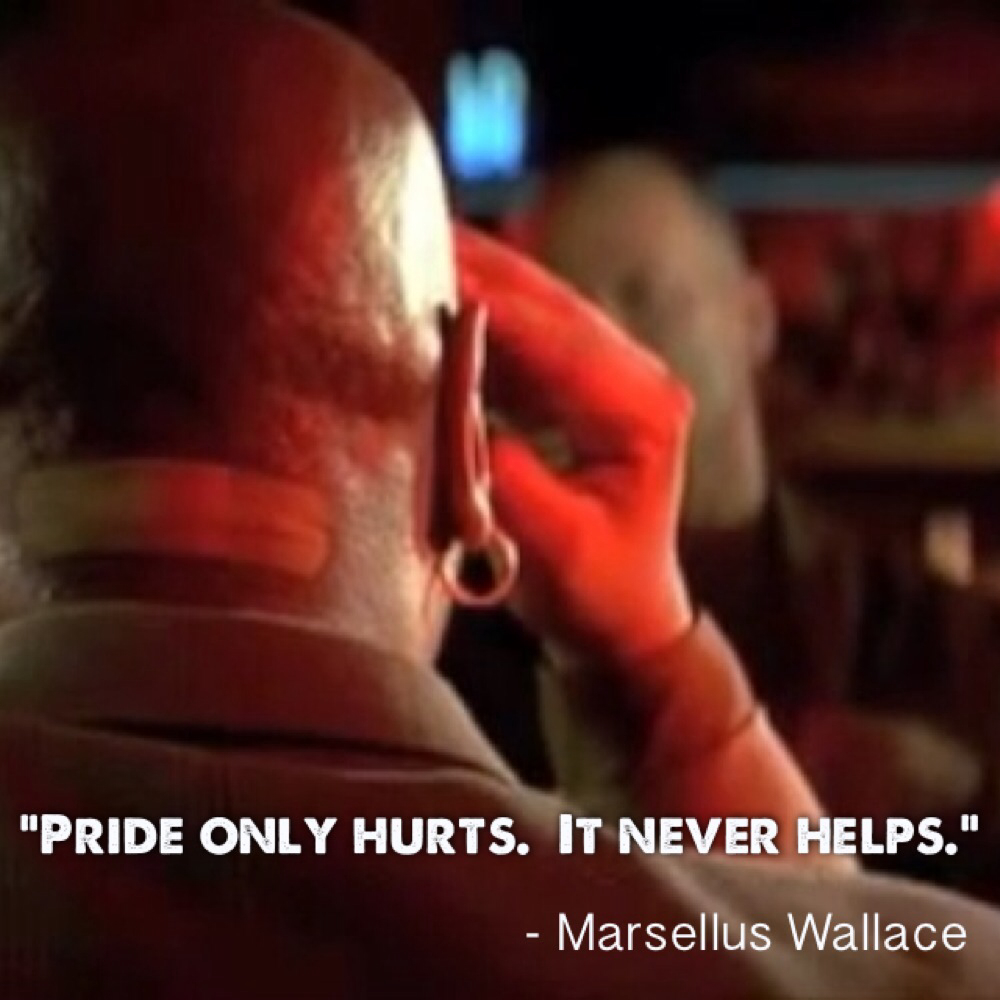I liked the movie up until the end possibly, where I am sure, but I just find it hard to believe
SPOILER
That the antagonist, Jessop (Jack Nicholson), would get so worked up that he would actually admit the crime on the stand. I mean he didn't seem that dumb and if pride really was his flaw, wouldn't he just take pride in not admitting it, and be proud that he was smarter than his cross-examiner?
But what do you think?
SPOILER
That the antagonist, Jessop (Jack Nicholson), would get so worked up that he would actually admit the crime on the stand. I mean he didn't seem that dumb and if pride really was his flaw, wouldn't he just take pride in not admitting it, and be proud that he was smarter than his cross-examiner?
But what do you think?
